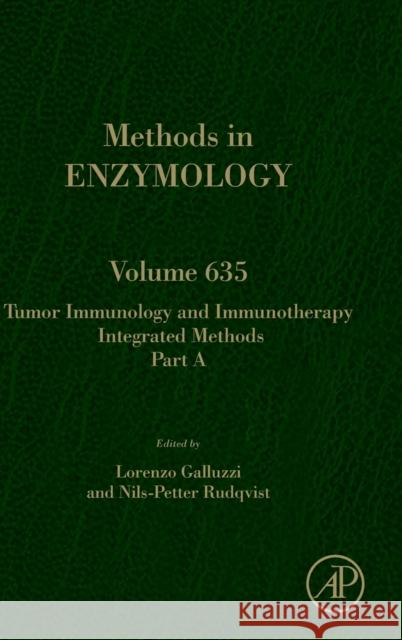Tumor Immunology and Immunotherapy - Integrated Methods Part a: Volume 635 » książka
topmenu
Tumor Immunology and Immunotherapy - Integrated Methods Part a: Volume 635
ISBN-13: 9780128186770 / Angielski / Twarda / 2020 / 412 str.
Kategorie:
Kategorie BISAC:
Wydawca:
Academic Press
Seria wydawnicza:
Język:
Angielski
ISBN-13:
9780128186770
Rok wydania:
2020
Numer serii:
000027158
Ilość stron:
412
Waga:
0.62 kg
Wymiary:
22.86 x 15.24 x 2.06
Oprawa:
Twarda
Wolumenów:
01











